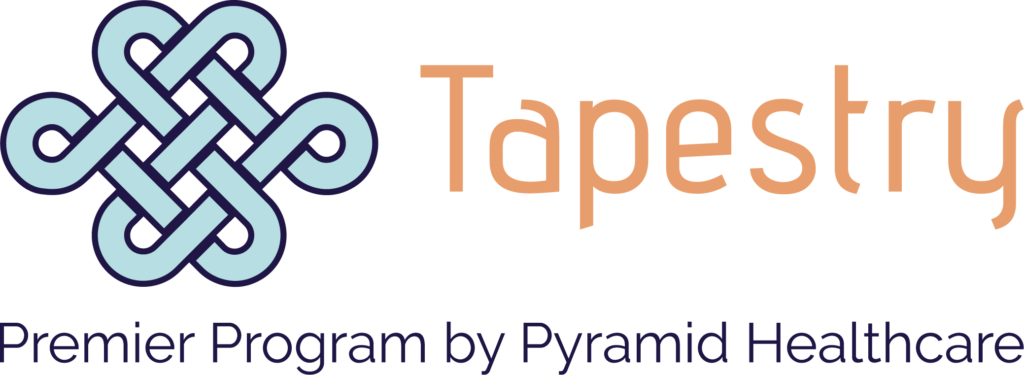Healing Wounds to Foster a Nurturing Relationship with Food
Food can mean all kinds of things to different people. For some, it can recall happy memories or inspire visions of the fun of cooking. For others, it can incite anxiety, shame and panic.
What we eat has the important role of nourishing our bodies and helping us to feel comfortable and capable and if you’ve struggled to have a positive perspective about what’s on your plate, you’ve come to the right place. No one deserves to have a negative relationship with food, and in this article, we’ll talk about how to do so.
Here are ways you can grow your mindset and build new skills and habits so you can feel peace about what you eat.
Why having a meaningful relationship with food is important
Food is everywhere in our culture. Social media is littered with meal prep tips, recipes and the latest trends in cooking. Daily life is bombarded with ads for take-out, new restaurants popping up and smells everywhere you go. Considering that food is ever-present, living a life with food anxiety can feel like an overbearing struggle.
While some triggers to stress and anxiety are avoidable, food is not. Learning to have a meaningful relationship with food can free you from daily anxiety. Healing wounds related to eating is much better than trying to hide them and suffering while doing so.
Moreover, when every day is a battle over what to eat or what not to eat you can lose track of the things that give value to your life. Seeing food as nutrition and not an enemy to fight can help you to refocus on a career, friends and family and other goals you have for yourself. When you can put food in its proper place without stress, you can enjoy all life has to offer.
A happy outlook on eating can also help you feel at home in your body again. Many people who struggle with disordered eating have a negative relationship with both food and their bodies. Healing diet-related wounds can give you room to restore an optimistic relationship with your body. Fostering a constructive perception of your whole person, body and mind, is always a critical piece of treatment.
How to develop a positive relationship with food
Eating disorder treatment is different for every individual, but the most common treatments include psychotherapy, nutritional education, medication and medical supervision. Treatment will also include alleviating any physical side effects, and in severe cases may require hospitalization or inpatient care. Thus, the first step in treatment should be getting a level of care assessment and a diagnosis.
The bulk of treatment is generally psychotherapy. When sessions begin, you’ll address the origins of your disordered eating, identify triggers to harmful habits and pinpoint the ways your life has been negatively impacted. As time progresses, you’ll move toward changing damaging eating patterns by replacing them with wholesome ones and develop new skills to manage stress.
According to the National Eating Disorder Association, treatment should allow you to recognize the factors in your life that contribute to or sustain your eating disorder. Treatment is always more than alleviating symptoms; true healing comes from attacking the root of the problem.
One of the critical pieces of your recovery is going to be the treatment team that forms to support you. Having solid relationships with your care team and working alongside them to address disordered eating will be key in treatment. A therapist, a dietician, a psychiatrist and your primary care physician will all support you in your journey.
Finding meaning in food
Healing from disordered eating may take months or even years, but you’ll know you’ve made progress when you’re not just doing damage control in treatment, but start to find meaning in a relationship with food again. While some discomfort may linger early on in treatment, when you’re able to enjoy food and the experiences associated with it, you’ll know you’ve reached a major milestone in your recovery.
Heal your relationship with food today
You don’t have to go the road alone. Tapestry can help you to heal from a negative relationship with food and form nurturing habits for your body and mind. At Tapestry you can get the services you need to overcome eating disorders and comorbid mental health concerns like anxiety, depression and trauma. Call 828-490-4032 to get started today.






